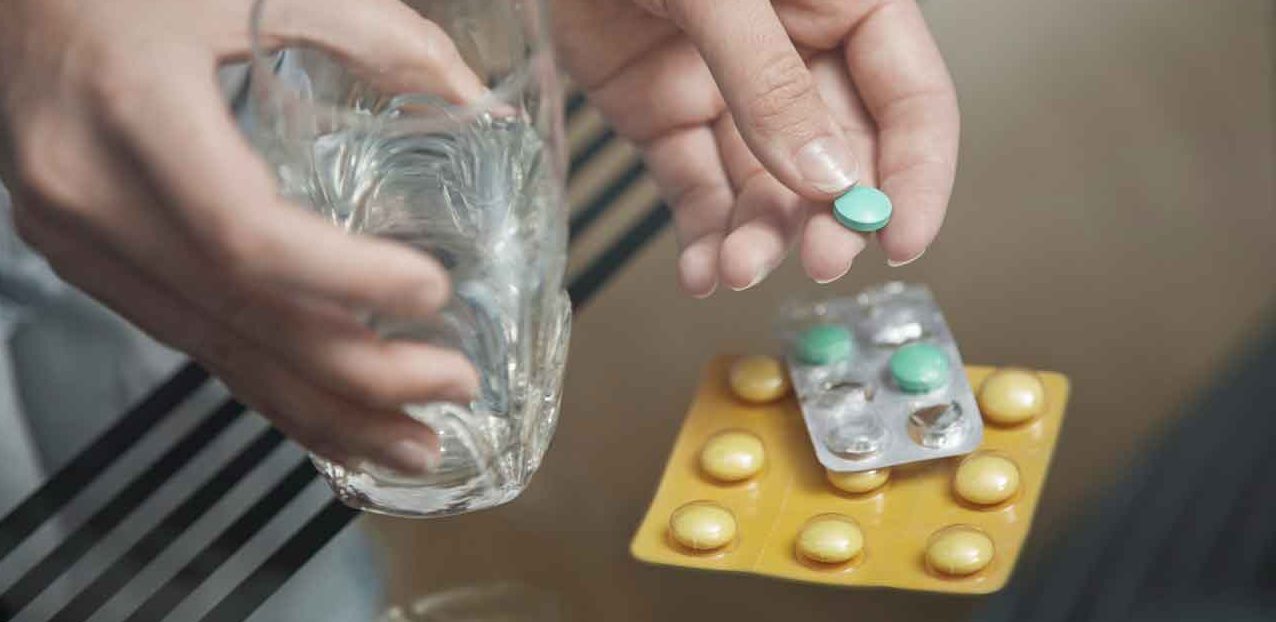Treating Major Depressive Disorder

Talk therapy and antidepressant drugs are often combined to improve symptoms and get you back on track.
It isn’t being sad or having the blues. Major depressive disorder is an illness that has serious consequences when you have it.
Depression can last for weeks or months, reoccur frequently or exist constantly as a low-grade condition until it spikes into an overwhelming episode that incapacitates you. In any case major depression requires help and guidance, usually in the form of psychotherapy and antidepressant drugs.
YOU MIGHT ALSO LIKE: Magnetic Therapy for Severe Depression
Science can’t tell you exactly why depression happens, although it’s widely believed that chemical changes in the brain are responsible. It may be genetic, as it tends to run in families. It can be triggered by stress, grief, or dramatic changes in your life. Most likely, it’s a combination of factors.
Anyone can develop depression, even young children and teens. Seniors are particularly susceptible as well as they face psychological and physical changes that can affect their independence and mobility, although depression is not a normal part of aging.
How major depressive order is treated is case by case. There is no one approach to treatment that fits any two people. Nor are any two people’s life circumstances the same.
Your symptoms can vary but usually come in bunches. You can become isolated or withdrawn, irritable and angry, tired and unmotivated. Your appetite can change – you may start eating more or less. You may lose pleasure in activities you once enjoyed, and feel hopeless and without self-esteem. You may have thoughts of suicide, trouble concentrating, and difficulty sleeping. You could even have hallucinations or delusions, although those symptoms are typically associated with schizophrenia.
At least one in 10 Americans have depression at some point, but the prevalence is higher in certain states, mostly in the South. More than 80 percent of people with symptoms of clinical (major) depression are not receiving treatment of any kind. The most common age range is 45 to 64.
If you have major depression there’s hope. It can be successfully treated. Usually, for major depression, treatment includes antidepressants and talk therapy.
“The two preferred talk therapies are cognitive and behavioral,” says Jeffrey Santee, PhD, a psychotherapist in Wheaton, IL. “Usually they’re combined.”
YOU MIGHT ALSO LIKE: Depressed Americans Forgo Treatment
Cognitive therapy delves into the way you’re thinking and how that contributes to the depression, Santee says. Behavioral therapy looks at your activities and lifestyle, again to discern clues to how they contribute to your depression and ways they can be changed.
Antidepressants balance chemicals in your brain to help relieve your symptoms. “Because the effectiveness of antidepressants is generally comparable between and within drug classes, the initial selection will be based largely on anticipated adverse effects, safety and tolerability, according the American Psychiatric Association (APA).
“Once an antidepressant has been selected, it should be titrated based on the patient's age, the treatment setting, and the presence of co-occurring disorders, concomitant pharmacotherapy, or adverse effects of medication,” the APA adds.
If your depression doesn’t improve or side effects are serious, the dosage can be lowered or you can be switched to a different medication.
All antidepressants take a while to begin working optimally, usually within four to six weeks, so you have to be patient. Once an antidepressants does begin to work and seems to help you symptoms, you need to continue to take it regularly at the dose your doctor prescribes.
“Major depressive disorder, or clinical depression, can be treated successfully in most cases,” Santee says. “There’s probably a less than 50 percent chance that you’ll find the right drug the first time. What’s chosen is based on a clinical assessment of what the primary symptoms are.”
It’s important to seek help if you feel depressed. Many people don’t look for help due to continued societal stigma or a feeling of personal failure. Don’t let those feelings overcome your need for guidance. Everyone needs help at some point in their lives.
Updated:
April 03, 2020
Reviewed By:
Janet O’Dell, RN